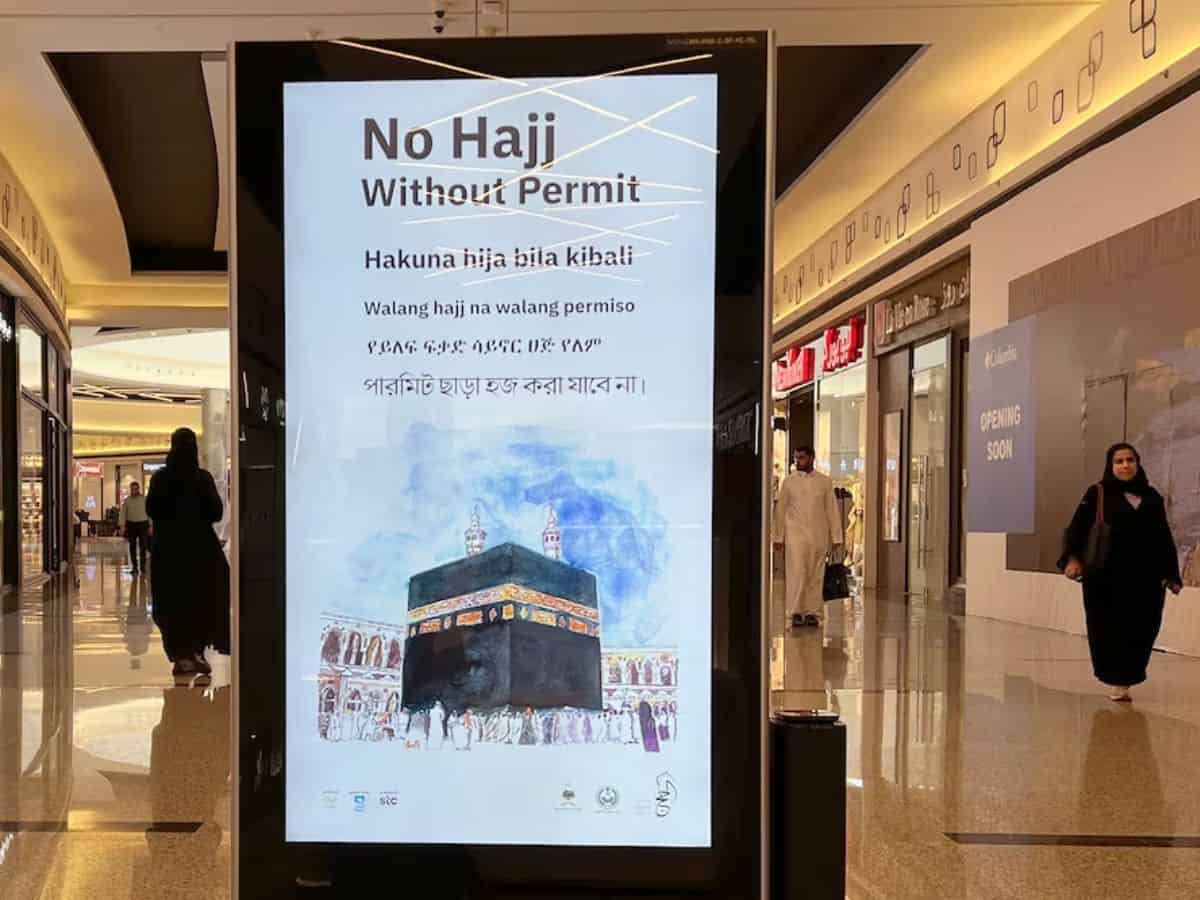
In a significant move ahead of the annual Haj pilgrimage 2024 (1445 AH), Saudi Arabia refused entry of more than 300,000 people into the holy site of Makkah for being unable to produce a valid Haj permit.
The decision to prevent pilgrims without valid permits from entering holy sites for this Haj season was made to ensure the safety and security of the pilgrims and to prevent any potential disruptions.
According to the Saudi Press Agency reports, these included 153,998 pilgrims who arrived on tourist visas instead of Haj visas.
New Haj rules
Director of Public Security, Muhammad Al-Bassami, on Monday announced stricter measures to ensure a smooth and secure Haj this year. Effective from midnight on the fifth of Dhu Al-Hijjah until the end of the 13th day, unauthorised vehicles will be prohibited from entering the holy sites.
Individuals transporting pilgrims without valid Haj permits will face imprisonment for up to 6 months and a fine of up to 50,000 Saudi Riyal for each unauthorized pilgrim transported. Court rulings may also include confiscation of the vehicle used and deportation of the transporter (if a resident) with a subsequent entry ban for a period determined by the system.
Pilgrims lacking valid Haj permits will be fined 10,000 Saudi Riyal. For residents, this will be followed by deportation and a temporary entry ban as outlined by the system.
Pertinently, the Saudi Ministry of Interior also informed that during the past week, Saudi authorities have raided 140 fake Haj campaigns and 64 carriers for breaching the regulations and instructions for the Haj this year.
Saudi authorities are preparing to host more than 1.5 million pilgrims who will undertake their Haj pilgrimage this week.
Pilgrims can use their bank cards
For the first time in history, the Central Bank of Saudi Arabia has announced that pilgrims can use their internationally issued bank cards.
This step comes as the central bank, on Sunday, June 9, introduced various services to cater to pilgrims’ demands and facilitate transactions.

